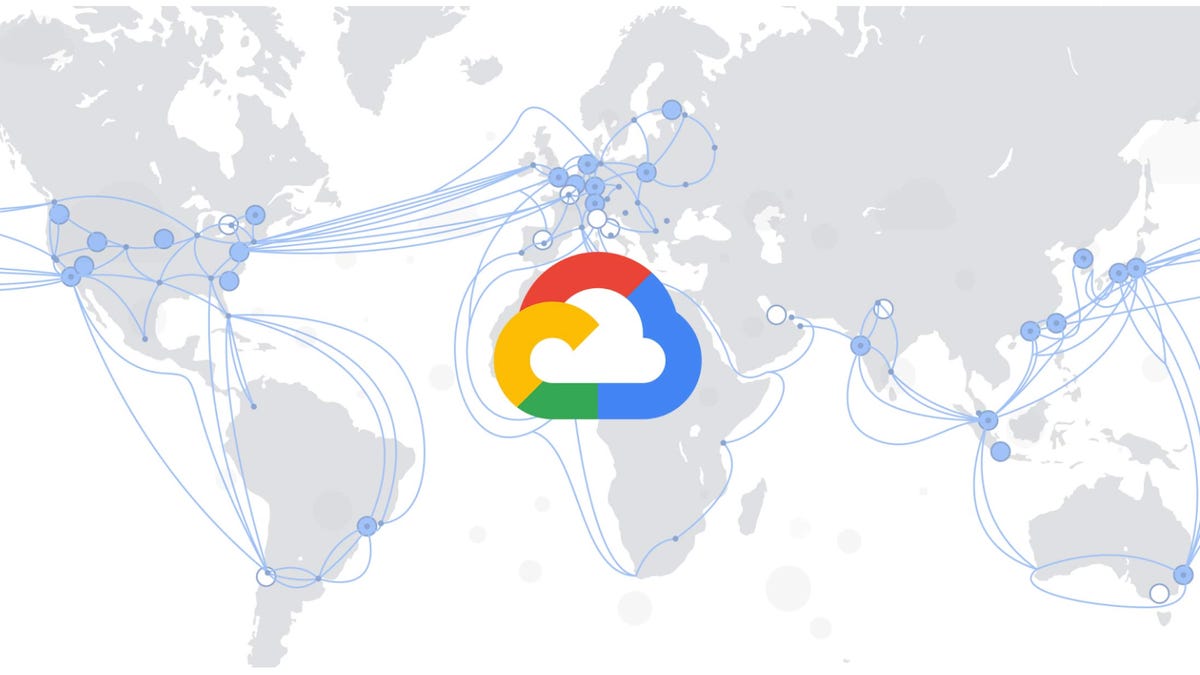Facebook and Google's undersea cables to boost Asia-Pacific's internet speeds
The Apricot subsea cable system is expect to launch in 2024.

Subsea cables are responsible for carrying the majority of the world's internet traffic.
Facebook and Google are partnering on a new subsea cable system designed to boost internet capacity and speeds in the Asia-Pacific region. The project, nicknamed Apricot, will connect Singapore to Japan and is expected to launch in 2024.
Undersea cables are responsible for ferrying the majority of international internet traffic. Growing demand for 4G, 5G, and broadband access is resulting in demand for more high-capacity cables to keep the traffic moving.
"The Apricot cable is part of our ongoing effort to expand global network infrastructure and better serve the more than 3.5 billion people around the world who use our services every month," Nico Roehrich, manager of network investments at Facebook, said Sunday in a blog post.
Apricot will supplement Echo, another cable system announced by Google earlier this year, in boosting the resilience of Google Cloud and other digital services operating in the region.
"Together they'll provide businesses and startups in Asia with lower latency, more bandwidth, and increased resilience in their connectivity between Southeast Asia, North Asia and the United States," Bikash Koley, vice president of global networking at Google, said in a blog post.

